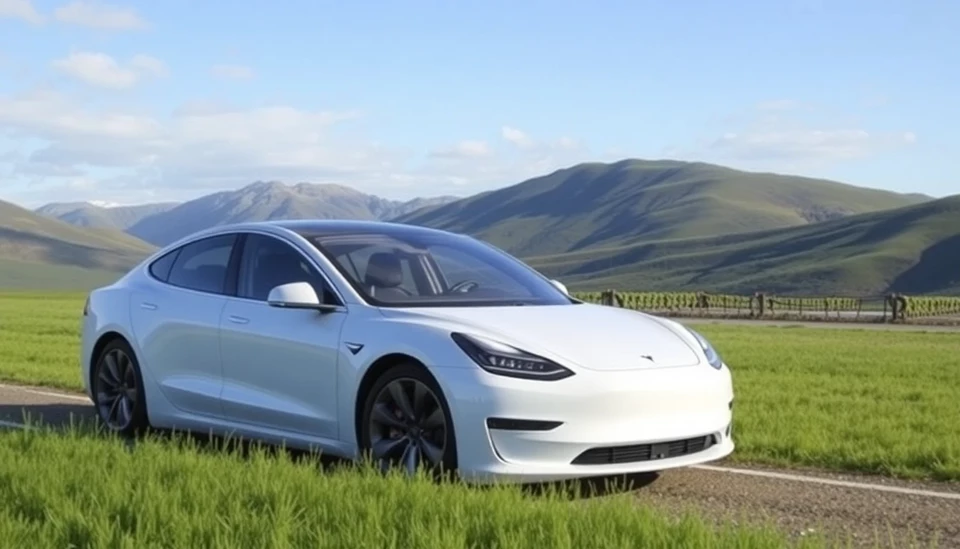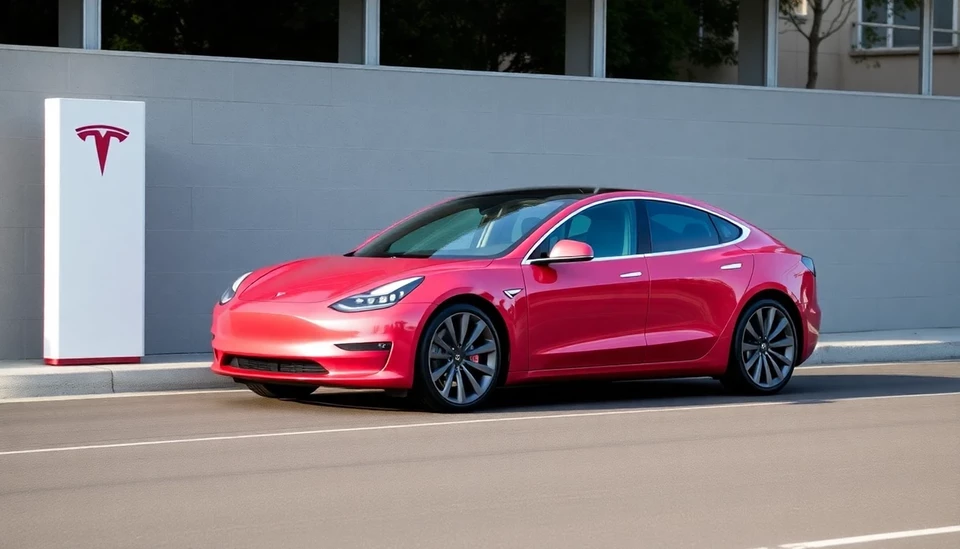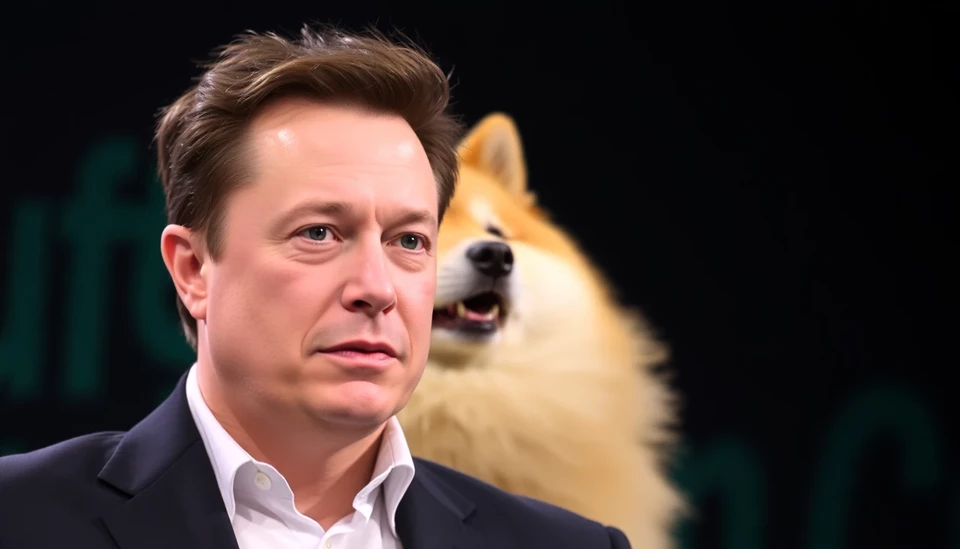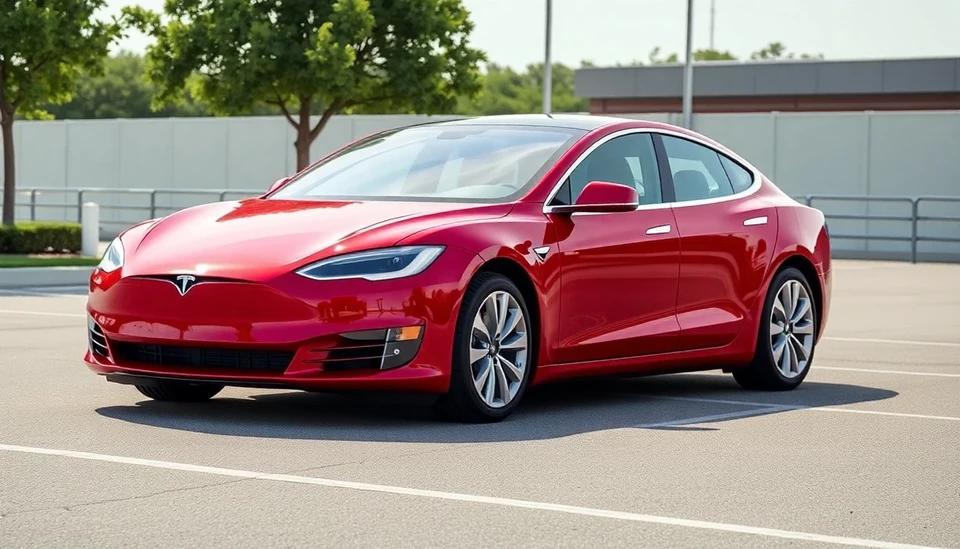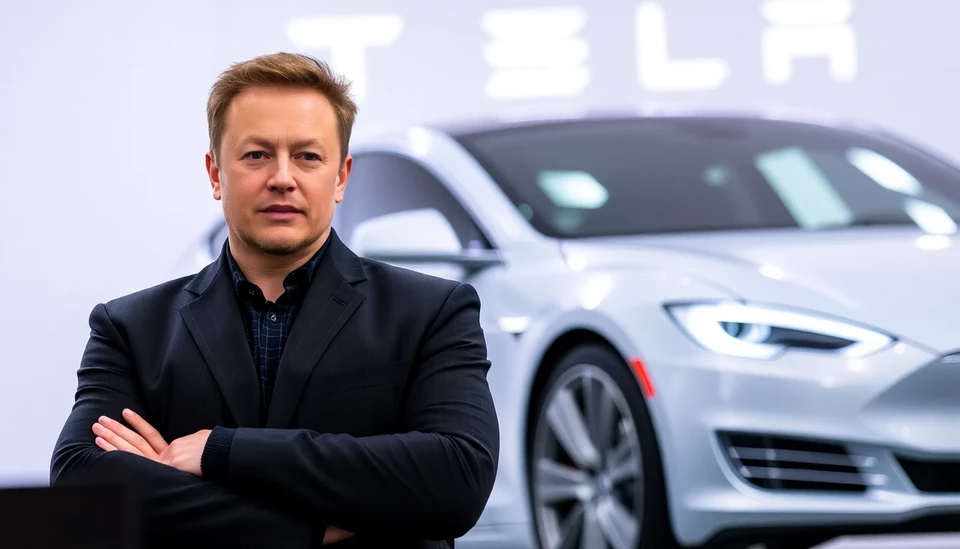
In a recent court hearing in Delaware, Tesla Inc. presented its case regarding the controversial compensation package awarded to CEO Elon Musk, which has stirred much debate within and outside the company. The automotive giant's legal team argued vigorously for Musk’s record-breaking pay, contending that the package aligns with performance benchmarks that have not only propelled Tesla to new heights but have also significantly benefitted shareholders.
The hearing marked a pivotal moment in the ongoing legal scrutiny of Musk’s compensation, which was structured to provide hefty financial rewards contingent upon the company's performance metrics being met over a series of years. Tesla's argument centered around how Musk has not only met these ambitious targets but has also surmounted expectations, leading to an increase in the company's valuation and groundbreaking advancements in electric vehicle technology.
According to court documents, Tesla’s attorneys emphasized that Musk’s pay was meticulously designed to ensure accountability and incentivize extraordinary results. They highlighted that, under Musk's leadership, the company transformed from a niche player in the automotive industry to a leading global electric vehicle manufacturer, capturing a substantial market share and achieving unprecedented growth rates.
The legal team pointed out that Musk's compensation deal, which potentially could reach up to $56 billion based on performance, is structured with the intention of aligning Musk's interests with long-term shareholder value. Unlike traditional salary arrangements, this pay package rewards Musk only if he meets specific operational and financial milestones, which include revenue targets and market capitalization metrics.
Despite the ambitious nature of this deal, proponents within the company argue that Musk’s vision and leadership have proven invaluable, justifying his substantial earnings. They indicated that any negative perceptions about the pay package fail to take into account the exponential growth and innovation that Musk has championed throughout his tenure at Tesla.
The opposition, including certain shareholders, has raised concerns regarding the fairness and overall justification of Musk’s pay, arguing that while performance bonuses can be beneficial, the sheer scale of Musk’s potential earnings could be seen as disproportionate compared to the average employee wage and the broader economic landscape. They argue that such disparity could lead to discontent among employees and tarnish Tesla’s progressive image.
The judge in this case will be tasked with considering the intricacies of executive compensation and its implications within corporate governance. This landmark ruling could set a precedent for how technology and automotive companies allocate executive pay going forward, particularly in industries where performance can swing dramatically based on market dynamics and consumer trends.
As Tesla prepares for the outcome of this case, the company continues to push forward with its mission of accelerating the world’s transition to sustainable energy, while navigating the complexities of executive compensation that reflects innovative leadership in a rapidly changing industry.
Insider analysts are keenly watching the proceedings, as the results could have implications not just for Tesla, but also for the broader tech and automotive sectors regarding the issue of executive pay equity and the expectations placed upon leaders in these highly competitive industries.
Ultimately, the court's decision will provide clarity on the boundaries of executive compensation, especially for companies like Tesla that are frontiers in technology and sustainability.
#Tesla #ElonMusk #CorporateGovernance #ExecutivePay #DelawareCourt #ElectricVehicles #Innovation #ShareholderValue
Author: Samuel Brooks
